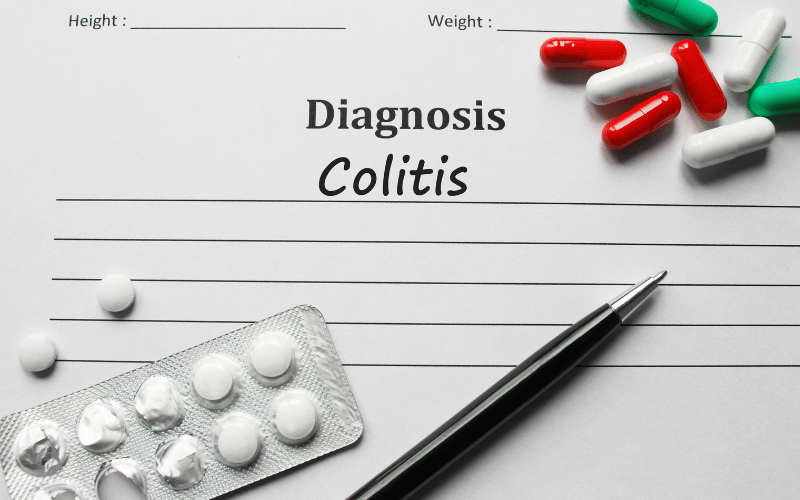Introduction: A Deep Dive into Ischemic Colitis Prognosis
Ischemic colitis, stemming from reduced blood flow to the colon, is a growing concern in the medical community. As many grapple with understanding its causative factors and presenting symptoms, an underlying curiosity emerges about its prognosis. The prognosis, or the anticipated progression and outcome of the disease, offers a beacon of hope or concern for those diagnosed with this ailment. Such insight equips patients, medical professionals, and caregivers with the necessary foresight to formulate effective treatment strategies and anticipate potential complications.

The importance of understanding the prognosis cannot be overstated. It’s not just about knowing what to expect, but also about being prepared for the challenges and milestones along the recovery journey. For those recently diagnosed, grasping the prognosis can offer clarity amidst a flurry of medical jargon and uncertainties. For medical professionals, it provides a framework for patient counseling and management.
As we delve into the ten pivotal facts about ischemic colitis prognosis, it’s paramount to appreciate the multifaceted nature of this condition. Several factors, both internal and external, can influence the prognosis of ischemic colitis. From the patient’s age and underlying health conditions to the timeliness of the diagnosis, each element plays a crucial role in shaping the journey ahead.
It’s also worth noting that every individual’s experience with ischemic colitis can differ. While we aim to provide a broad overview of the prognosis, it’s essential to approach this information as a general guideline, understanding that individual cases may deviate based on unique circumstances and presentations.
Fact 1: Majority of Cases are Mild and Self-Resolving

A significant proportion of patients diagnosed with ischemic colitis experience mild symptoms. This milder form of the condition often doesn’t necessitate aggressive treatment, and with time and minimal intervention, the body can heal itself. The healing period typically ranges from days to a few weeks.
There’s an underlined sense of relief for these patients. Being diagnosed with any medical condition can be daunting, but learning that the prognosis leans towards a swift recovery provides a substantial psychological boost. Another positive aspect is that the less aggressive the condition, the fewer medications and interventions are required, reducing potential side effects and complications.
It’s also beneficial from an economic perspective. Milder cases of ischemic colitis usually translate to shorter hospital stays and fewer medications, making the treatment journey less financially burdensome. (1)